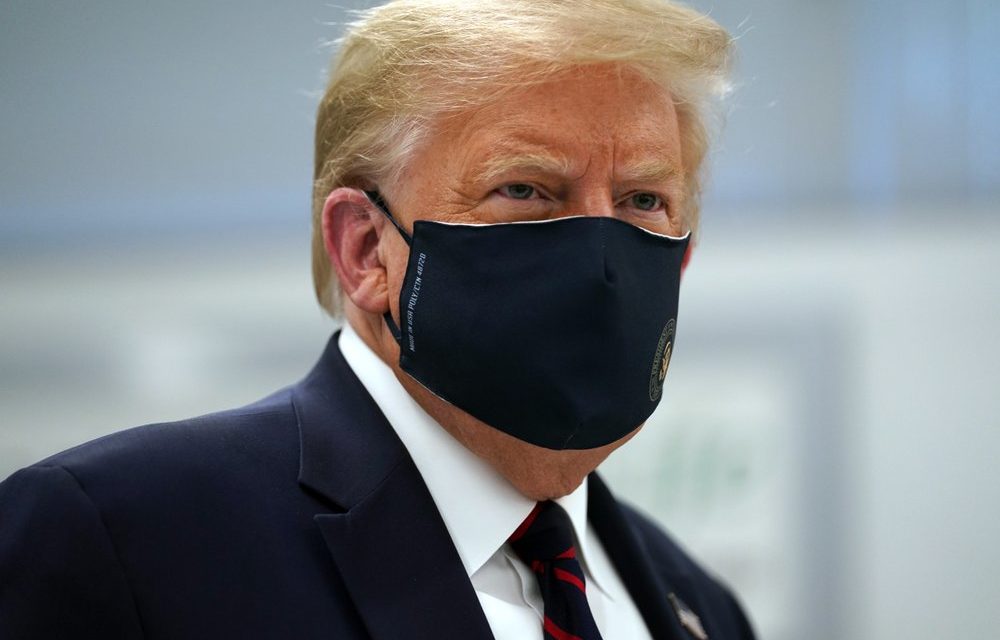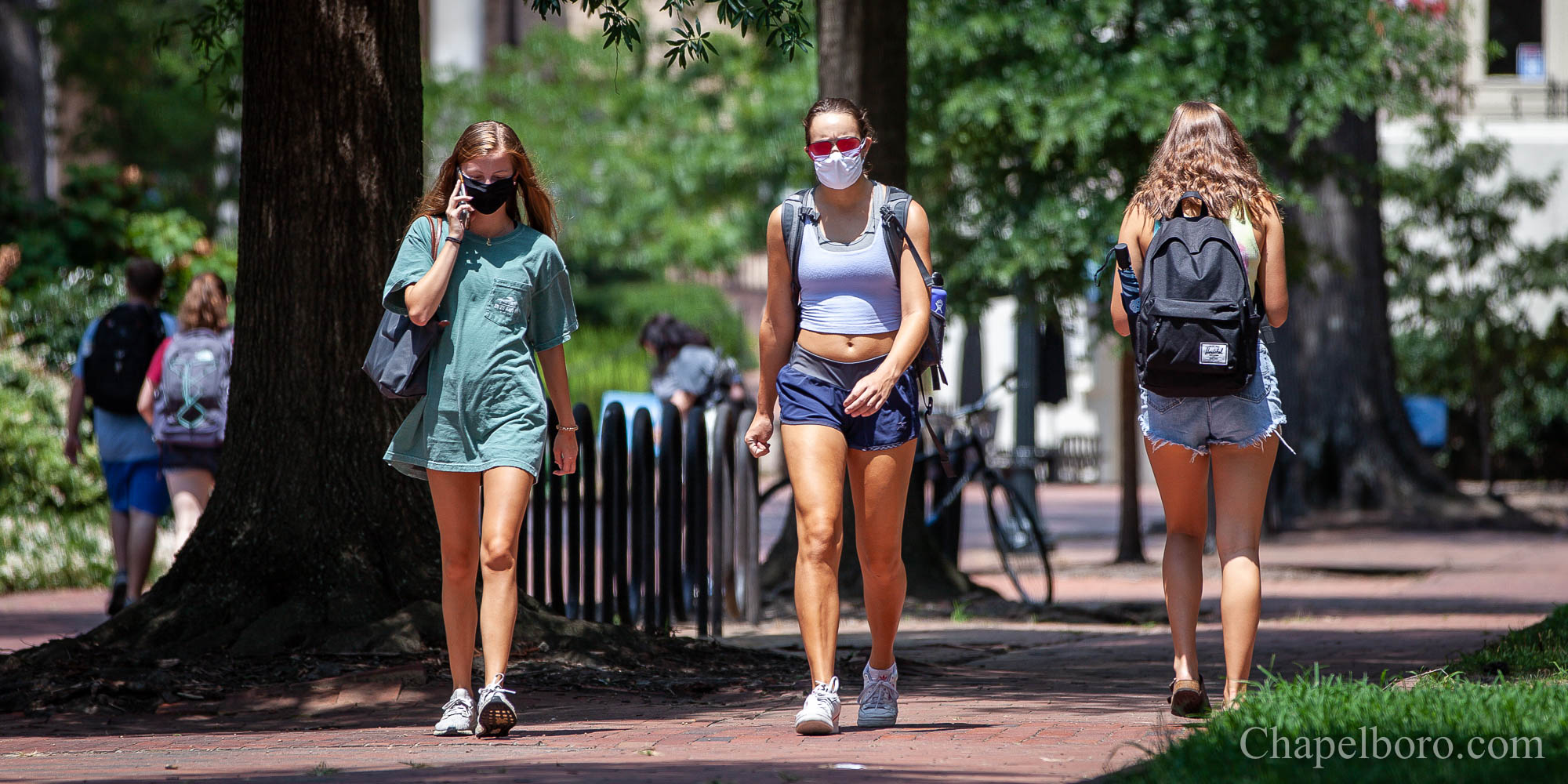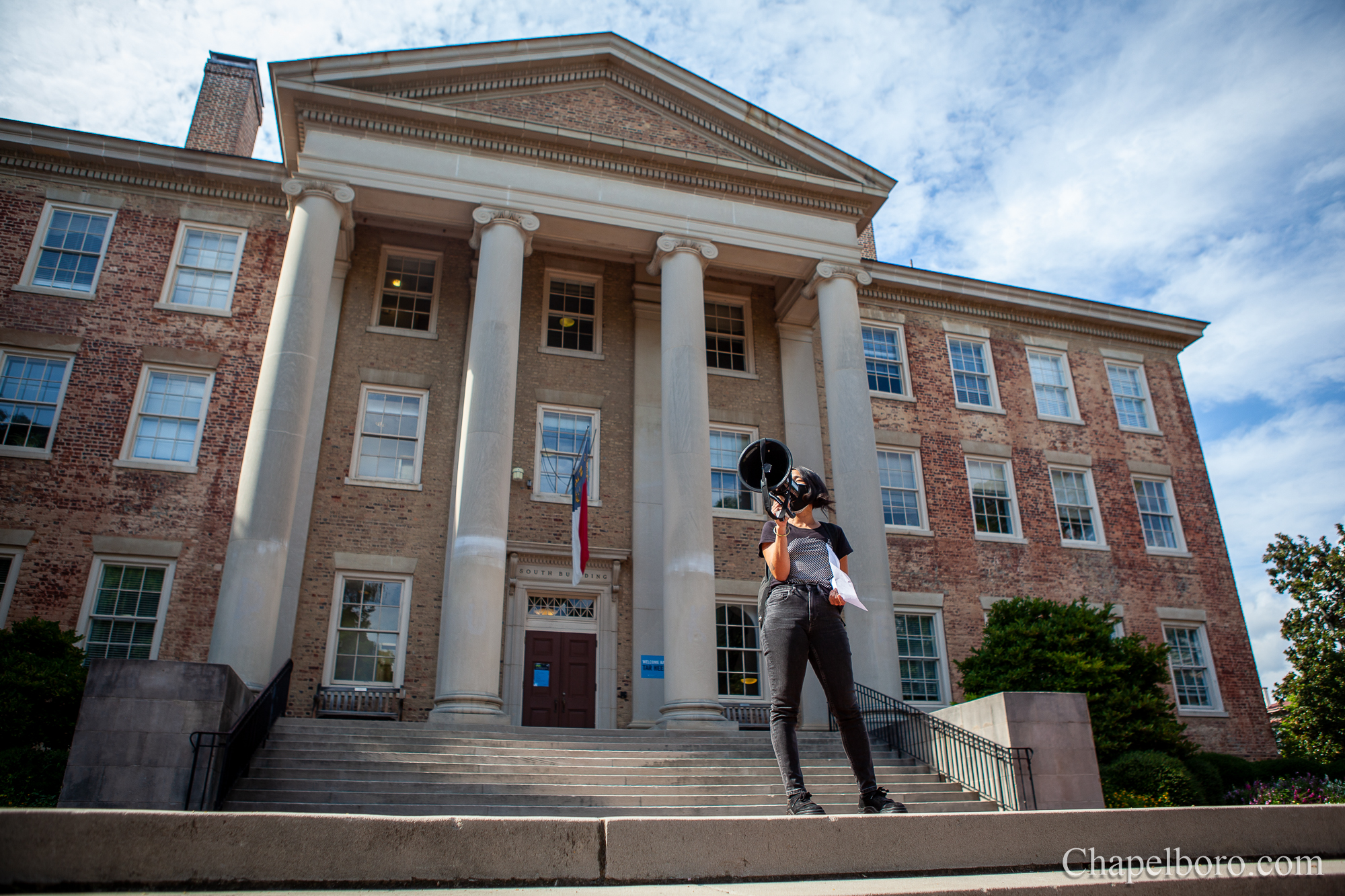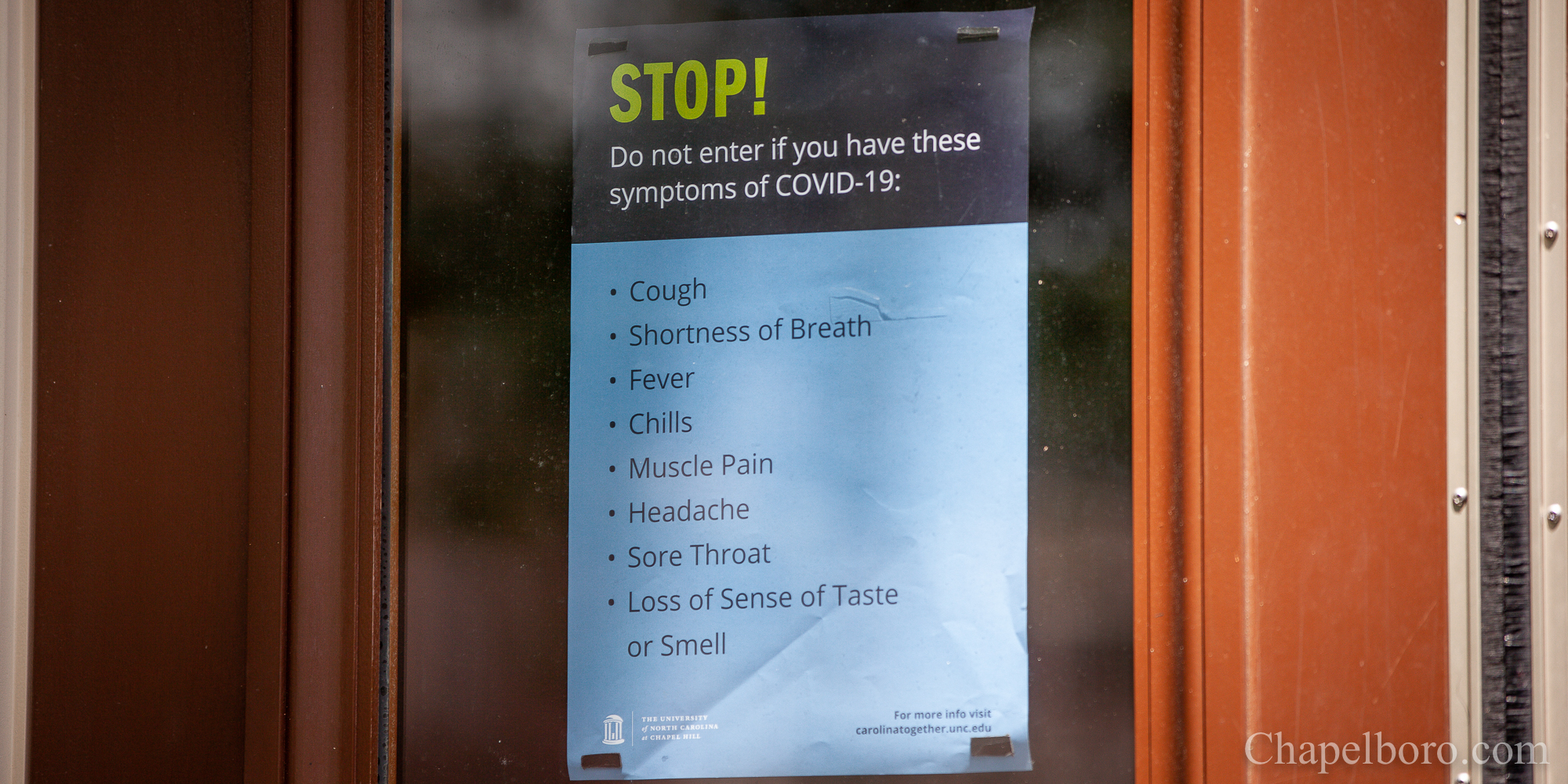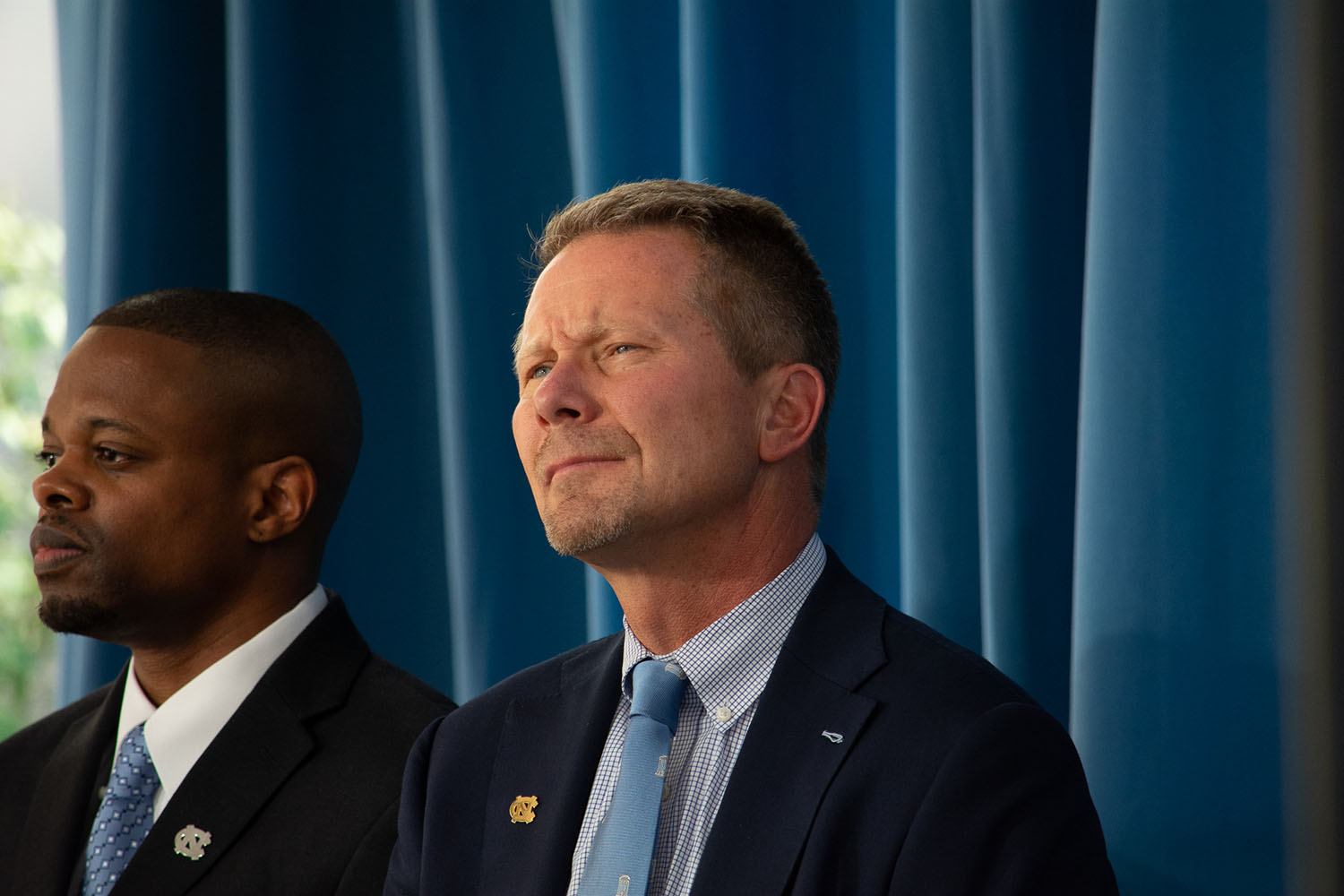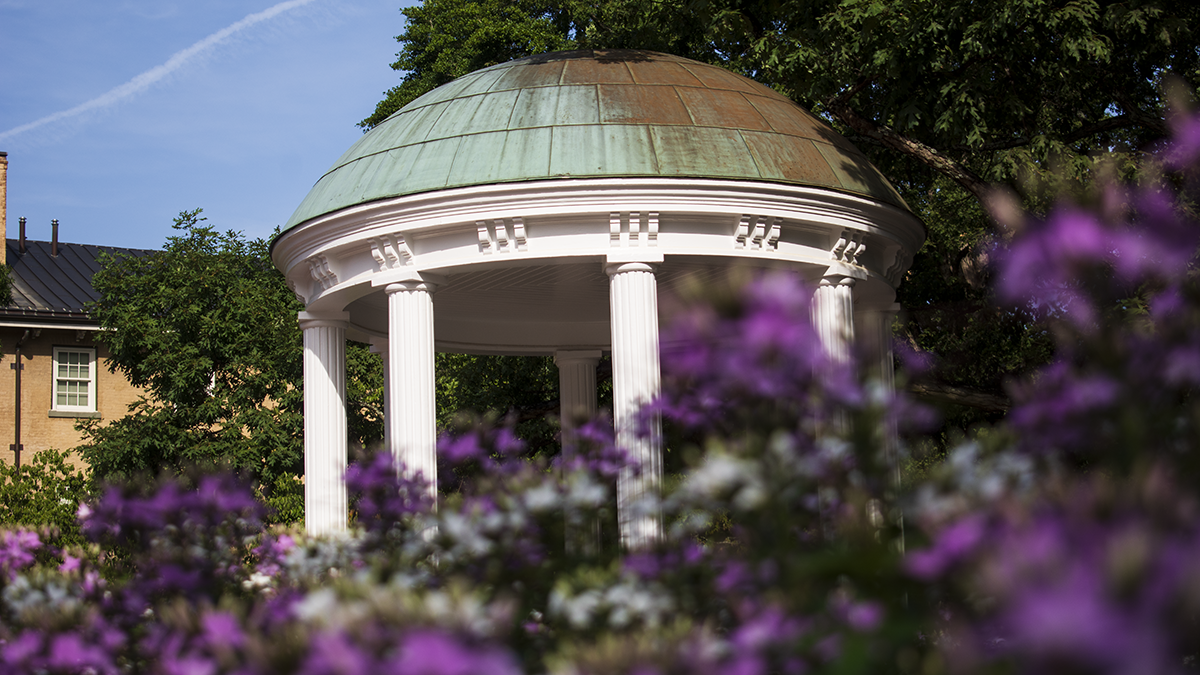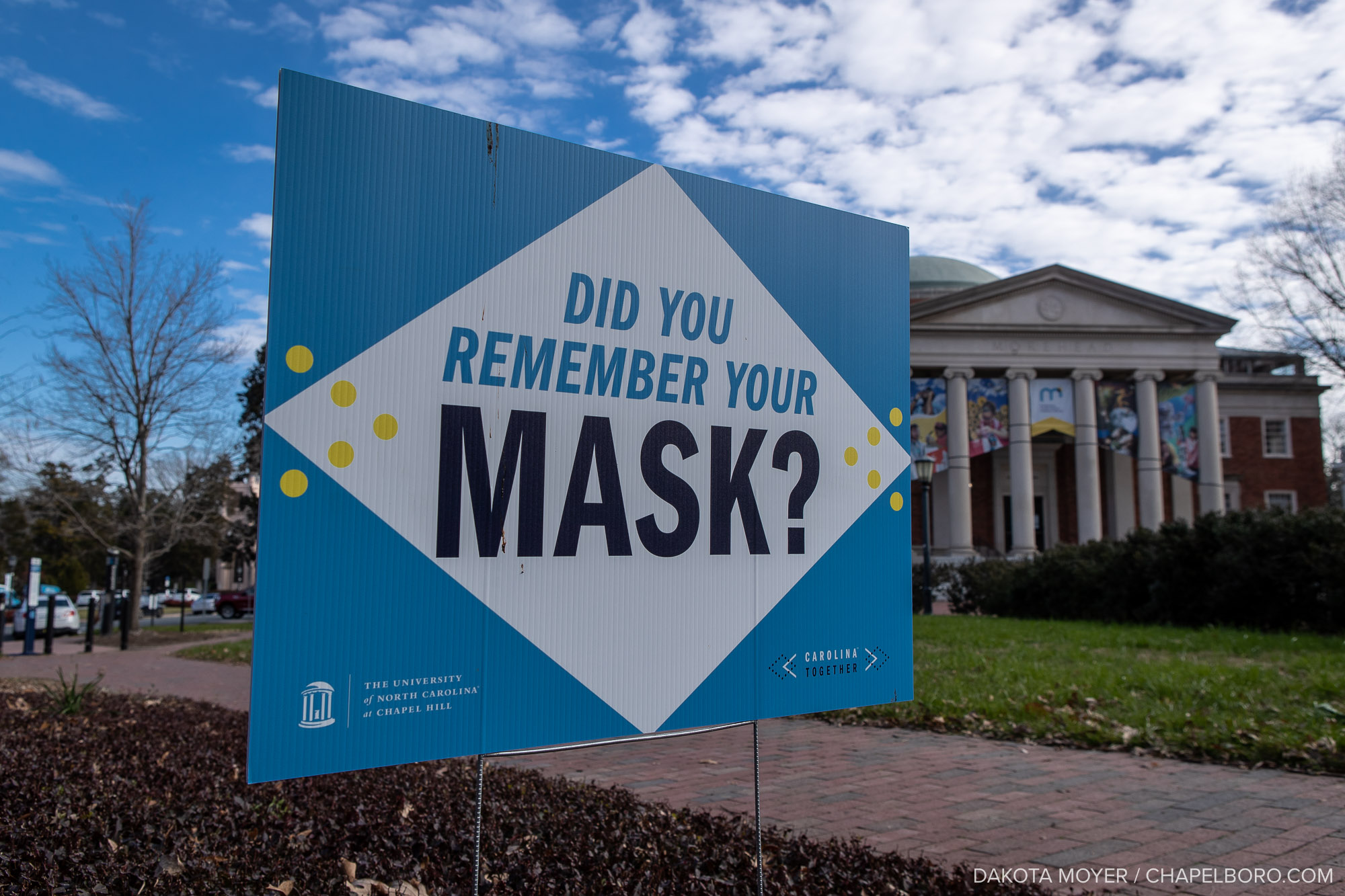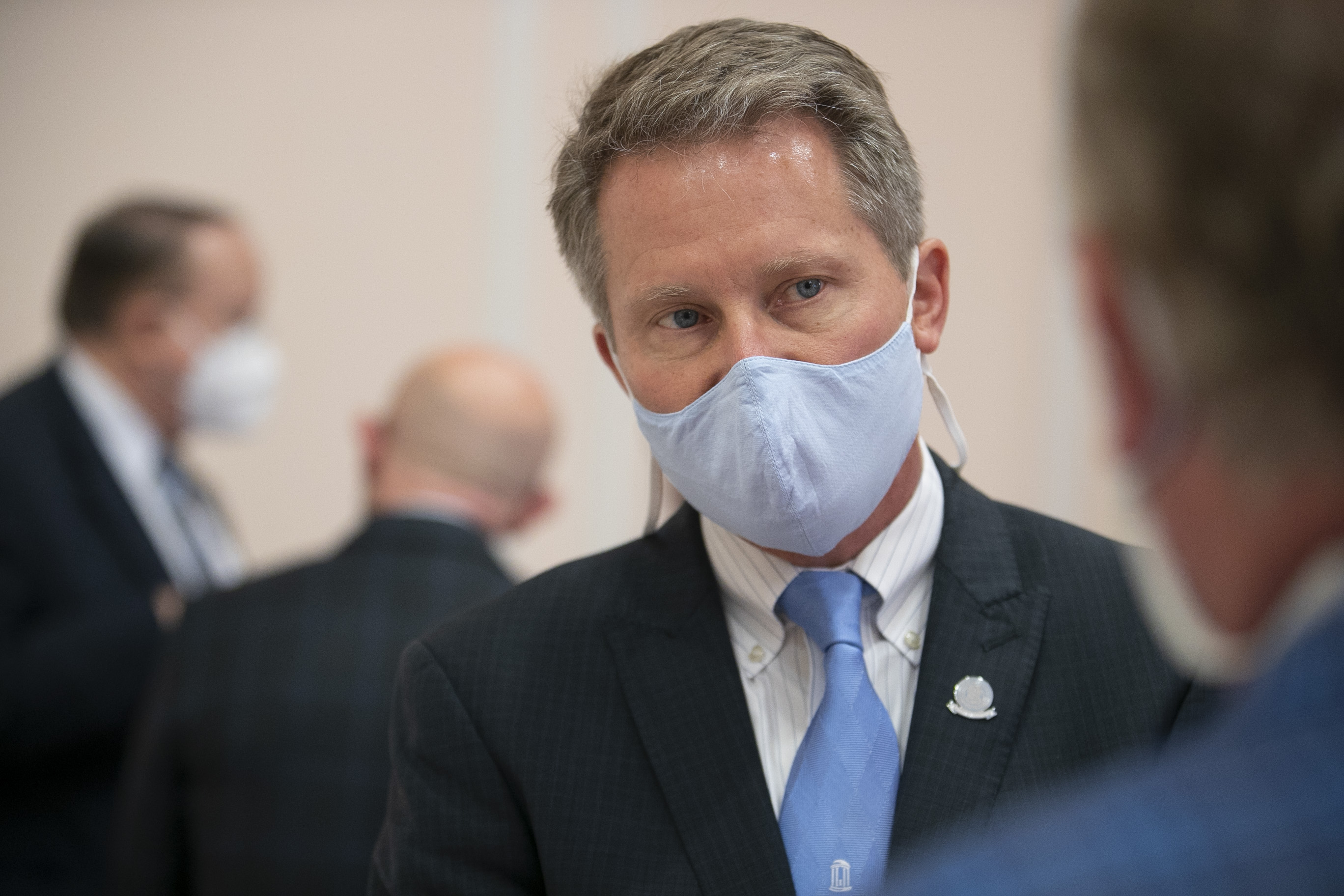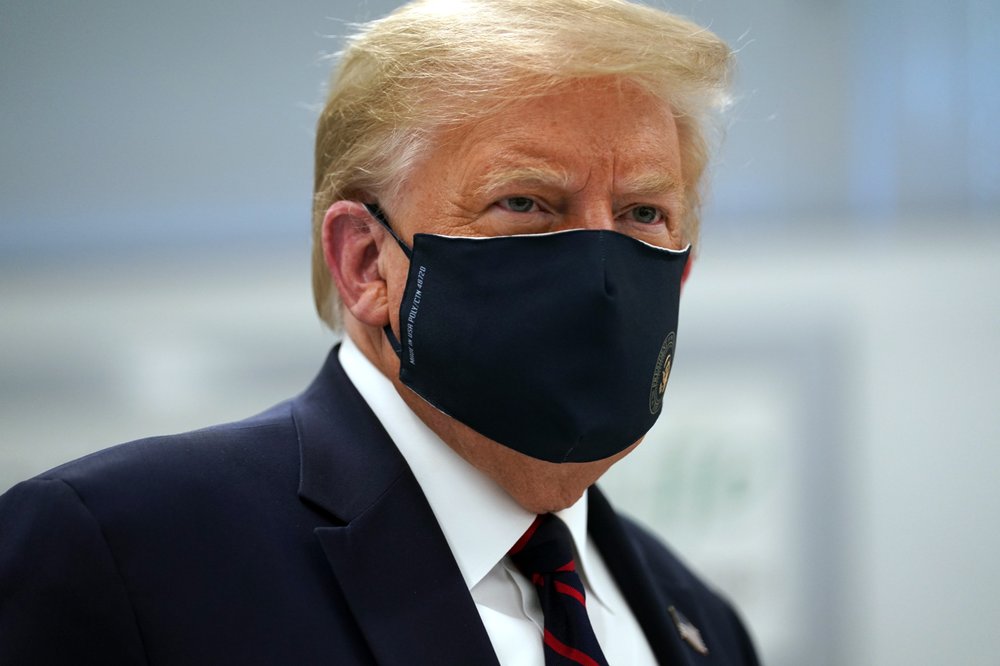Throughout the pandemic, Americans have changed their behavior in ways that would have been unthinkable even a few months ago. Masks are an essential accessory. Social distancing is the norm. And even as states moved to reopen their economies in May and June, many Americans continued to think it was better for people to stay home.
But underneath that initial consensus is a large – and growing – partisan divide.
Marc Hetherington, a political scientist and distinguished professor at UNC, has been studying public opinion around COVID-19 and the government’s response since the pandemic began.
Over the past six months, Hetherington has been conducting surveys to gauge the political divide between Republicans and Democrats when it comes to politics and public health.
“It seems like a potential battle between party and pandemic and party seems to be winning that battle right now,” Hetherington said.
Hetherington said what his research has found is that back in April, when the crisis was new and party leaders were all concerned about the spread of COVID-19, the bipartisan divide was less severe.
“What our public opinion surveys show is that Republicans and Democrats in the electorate were pretty much alike in their opinions,” Hetherington said. “Democrats were maybe not surprisingly a little more supportive of things like mask mandates and shutting down businesses that are not essential and things along those lines – but Republicans were overwhelmingly supportive of those things too.”
Hetherington said what he has seen through his surveys is that, as political leaders have changed their approach and orientation towards the virus, Republicans as a whole have become less supportive of these newfound public health and safety measures.
“Now we have this yawning difference – 30 and 40 percentage points – in support for some of the types of things that are important to controlling the virus,” Hetherington said.
Within the last week, Hetherington’s public opinion study has become especially pertinent as news of President Trump’s COVID-19 diagnosis broke.
Trump announced early Friday morning that he and the First Lady had tested positive for the coronavirus, whereas he was taken to Walter Reed Medical Center Friday evening. Nearly 72 hours after he first arrived as a patient, Trump departed Walter Reed Monday evening, tweeting that he was “FEELING GREAT!” and telling his followers “Don’t be afraid of Covid.”
Hetherington said because of the stances political leaders, including President Trump, have taken, safety measures like masks have been made into a political symbol.
“We just saw it last night when President Trump came home from Walter Reed and the first thing he does when he gets on the balcony is he pulls of his mask,” Hetherington said. “I mean it was a really interesting manifestation of that politicization of mask wearing.”
Hetherington and his team are still in the process of publishing the third wave of their research, which was completed just before Trump’s diagnosis became public. Although, preliminary results show that the share of Republicans who are “somewhat” or “very concerned” about COVID-19 fell from 63 percent in March to 48 percent in September. Meanwhile, Republican support for stay-at-home orders and business closures fell even more dramatically during that period.
“It would be one thing if people who decided not to wear masks were only endangering themselves – but that’s not it,” Hetherington said. “What the situation at the White House and the Rose Garden ceremony, which seems to have turned into a super-spreader event, points up is that you’re not just responsible for you own health – you’re responsible for the health of all of the people around you.”
Hetherington said, as a flood of new information is bombarding the public every day, people are turning to their party-affiliated leaders for information and affirmation of their beliefs. He said this can be very dangerous, and could ultimately lead to a second wave of COVID-19 if the current administration continues to have a lax portrayal of a serious public health crisis.
“Unfortunately these last 20 or 30 years in American politics have seen Republican leaders consistently and purposefully undermining the faith that people have in expertise – whether it’s scientific expertise or whether it’s the news media,” Hetherington said.
Photo via Associated Press.
Chapelboro.com does not charge subscription fees. You can support local journalism and our mission to serve the community. Contribute today – every single dollar matters.

